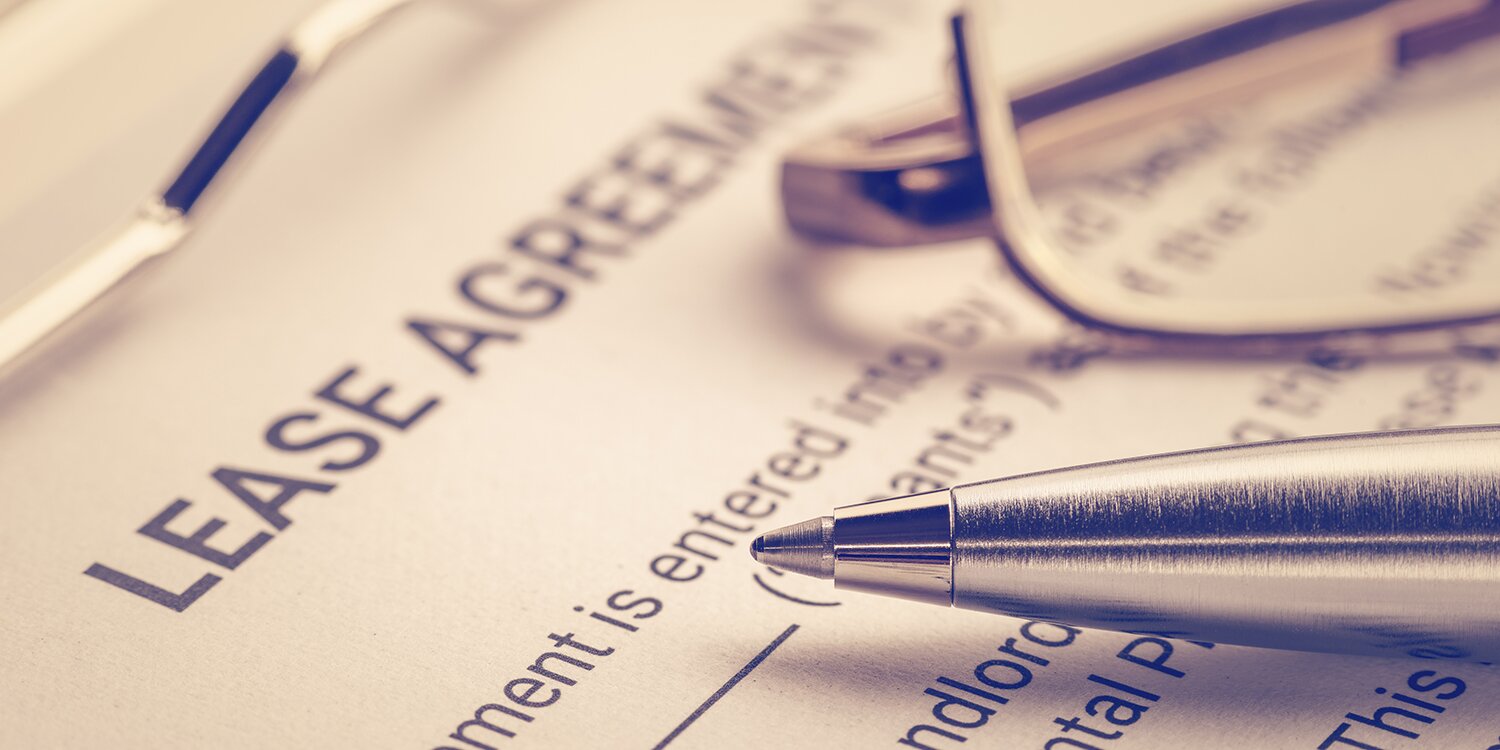Wake-up call: Are you ready for a lease renewal?
If your restaurant lease is expiring soon, it’s time to start thinking about renegotiating with your landlord. Tristan Wark has the lowdown on everything you need to know.
The problem
The lease of your restaurant expires soon. Relocating is not on the cards because trade is peaking, so it’s time to renegotiate your lease. Following the recent story about WHSmith renegotiating to pay rent in arrears rather than advance, you wonder whether you could agree the same with your landlord.
The law
The Landlord and Tenant Act 1954 (1954 Act) is the key piece of legislation relating to lease renewals of commercial premises.
If a lease is protected by the 1954 Act, subject to satisfying certain criteria, then you would have the right to request to renew the lease. The landlord may be able to oppose the request in certain limited circumstances. If terms of the renewal lease can’t be agreed with the landlord, either the landlord or the tenant can apply to court to settle the terms.
If a lease isn’t protected by the 1954 Act, it’s a matter for the landlord’s discretion as to whether they will agree to a request to renew and on what terms.
Expert advice
The consequences and costs of not renewing your lease could be severe: fit-out costs tend to be high in the hospitality sector, and building up goodwill and repeat custom from the location you trade from is important. Your staff are crucial too, with many in the industry anticipating shortage of labour as a result of Brexit. So relocating is rarely likely to be a preferred option.
You could suffer business interruption if a lease renewal goes badly – earlier this year Waterstones in Camden was forced to shut for a day when their landlord locked out staff, pending completion of the renewal lease while renewal negotiations were ongoing. The reputational impact for your restaurant could be severe.
You must involve lawyers – no doubt your landlord will do so. They can determine whether your lease is 1954 Act protected or not. If it is, there are formal procedures that you will need to follow, some of which have time limits to which you will need to adhere.
You should also engage a surveyor to negotiate the best commercial terms for the renewal lease. They will know the market and should have an understanding of your landlord’s position.
It will depend on each negotiation to what extent terms can be varied in a renewal lease. Paying rent in arrears rather than advance is uncommon, however you can point to WHSmith taking this position to show that the tradition is eroding.
To-do checklist
● Take an honest and objective view of your business and your site before you commit to another lease.
● Start tackling the issue of renewal and engaging with the landlord early on – you could potentially complete the new lease before the existing one expires. ● Appoint a solicitor and surveyor to support and advise you on the process.
● Determine whether your lease is protected by the 1954 Act.
● Ask your solicitor to advise if there are any terms that are unduly onerous or could be improved in current market conditions.
● Consider if any terms of the existing lease have constrained you– for example, if you want to set up some tables outside your restaurant – seek to add a right into the lease to enable you to do that.
Beware!
If the lease is protected by the 1954 Act, you could lose your right to renew the tenancy if you don’t file proceedings with court or agree an extension with the landlord in time.
If the lease isn’t protected by the 1954 Act, you could be treated as a trespasser if you remain in the premises after the end of the lease without renewing.
Contact
Tristan Wark is a senior associate in the property team at London law firm Goodman Derrick LLP




















